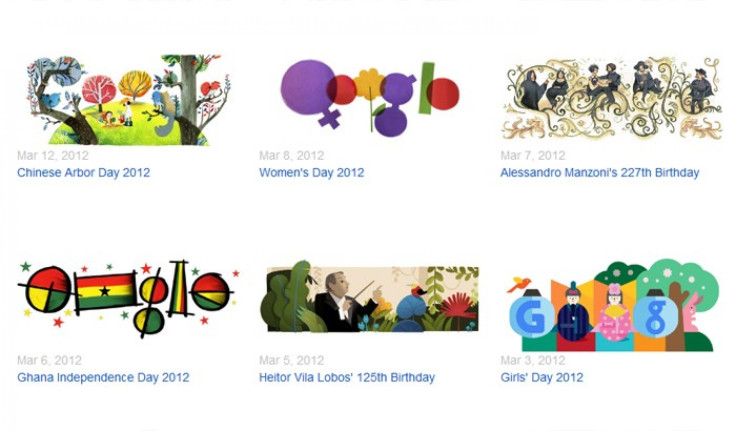Google Revamps Search to Resemble ‘How Humans Understand the World’

Google is in for a major retooling of its search engine, aiming to make big changes in how it searches the Web. While traditional Internet search technologies recognize keywords typed into query boxes and deliver links to seemingly relevant Web sites, Google plans to do more than that - understand what people are actually searching for.
We convert raw data into knowledge for millions of users around the world. But our ability to deliver this experience is a function of our understanding your question and also truly understanding all the data that's out there. And right now, our understanding is pretty darn limited. Ask us for the 10 deepest lakes in the U.S. and we'll give you decent results based on those keywords, but not necessarily because we understand what depth is or what a lake is, wrote Google's SVP Amit Singhal, in a blog post on Google+.
Semantic Capabilities
In this effort to improve search techniques, Google is keen on adding semantic capabilities so it can automatically comprehend meanings of phrases, as well as direct questions, in order to deliver better search results.
Furthermore, Google is using the virtual brain of a Freebase database of knowledge regarding the meaning of things and how they relate to one another. The California-based company acquired the open-source knowledge graph in 2010, when it bought Metaweb Technologies. The number of interconnected entities in the database has increased from 12 million to over 200 million since Google acquired San Francisco-based Metaweb Technologies.
According to Singhal, Google is working to build a more algorithmically complicated search function, which will require more computers to build the system.
On the other hand, Google's great revolution is countered by skepticism, as many claim that Google has been using semantic search for nearly a decade now, although not everyone realized it.
Artificial Intelligence
In a post on Mashable, Singhal added that it takes a lot more than just keywords to answer a question and deliver relevant search results. Additional factors such as entities, attributes and relationships between entities must be taken into account as well. While the human brain naturally associates entities with attributes, computers need Artificial Intelligence to achieve this. Google's future search will be similar to how humans understand the world, reported Singhal.
(reported by Alexandra Burlacu, edited by Surojit Chatterjee)
© Copyright IBTimes 2024. All rights reserved.











